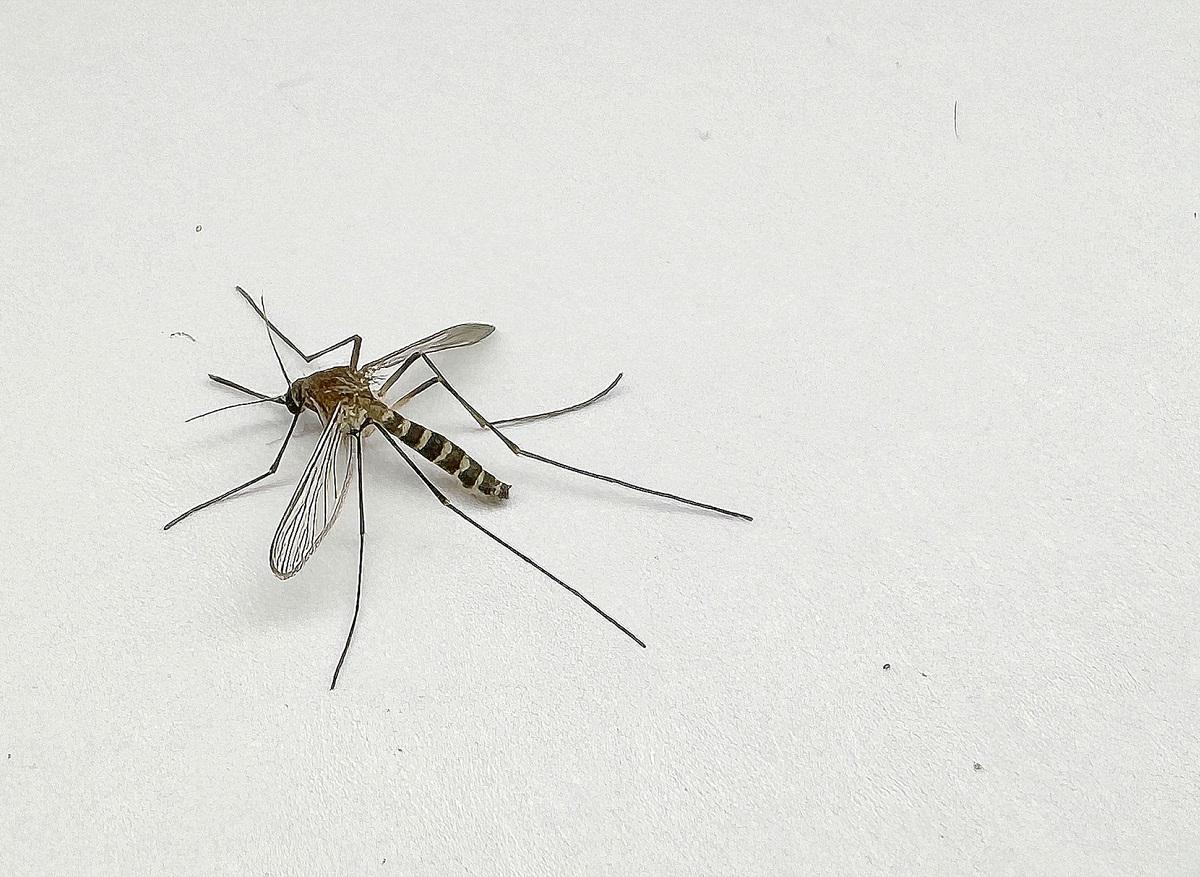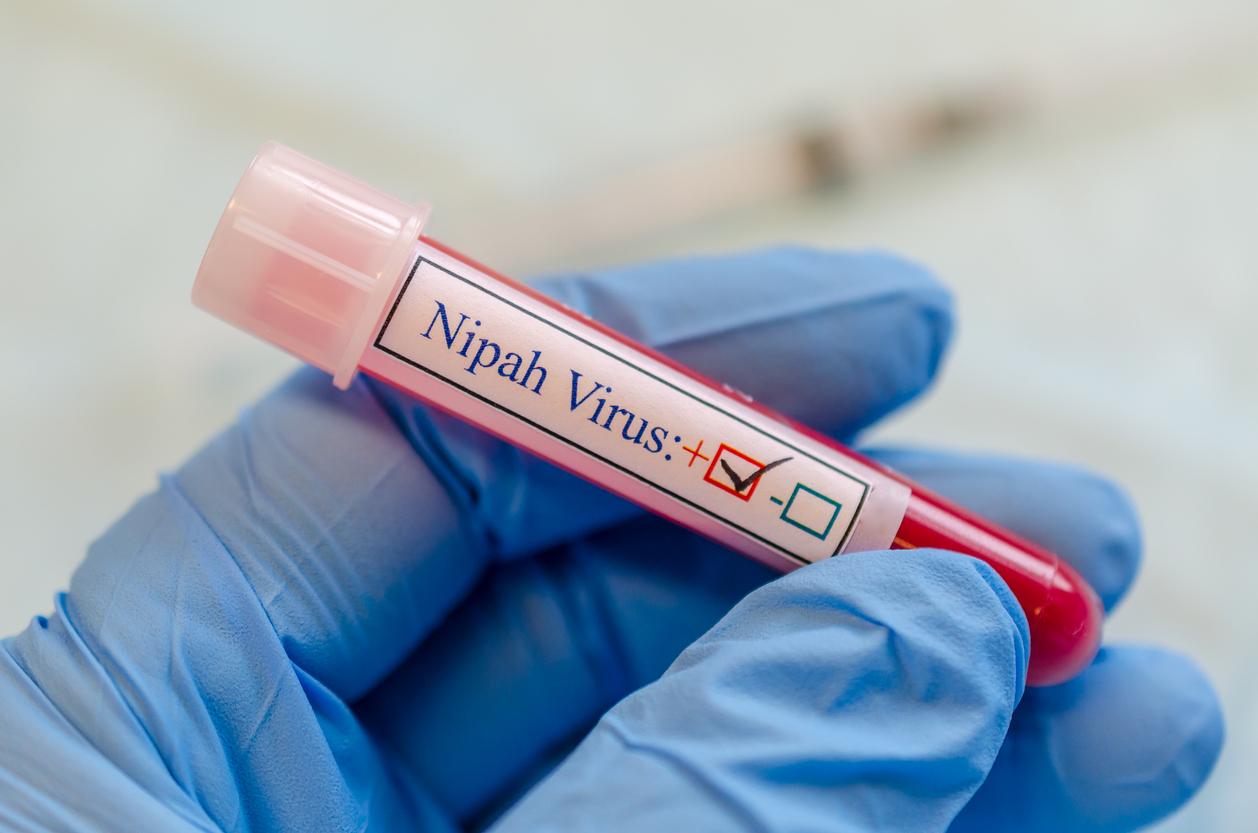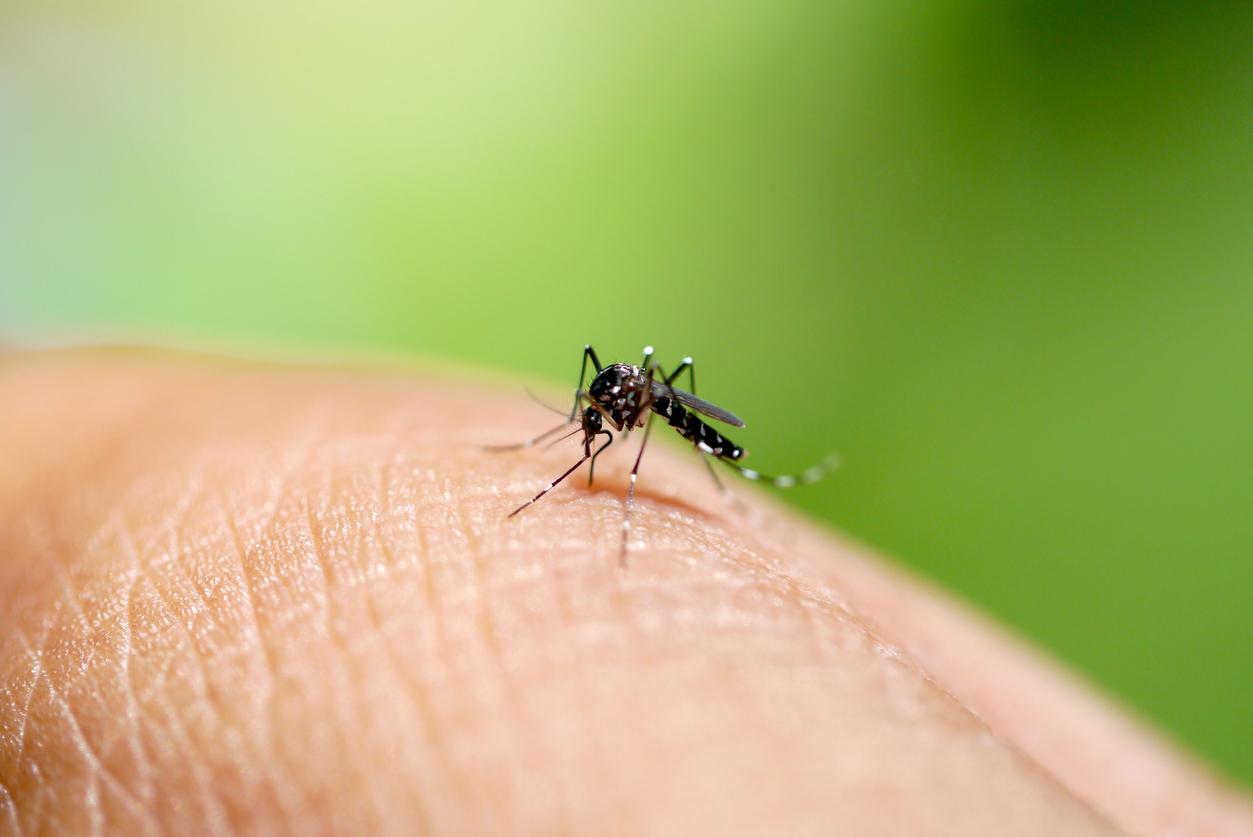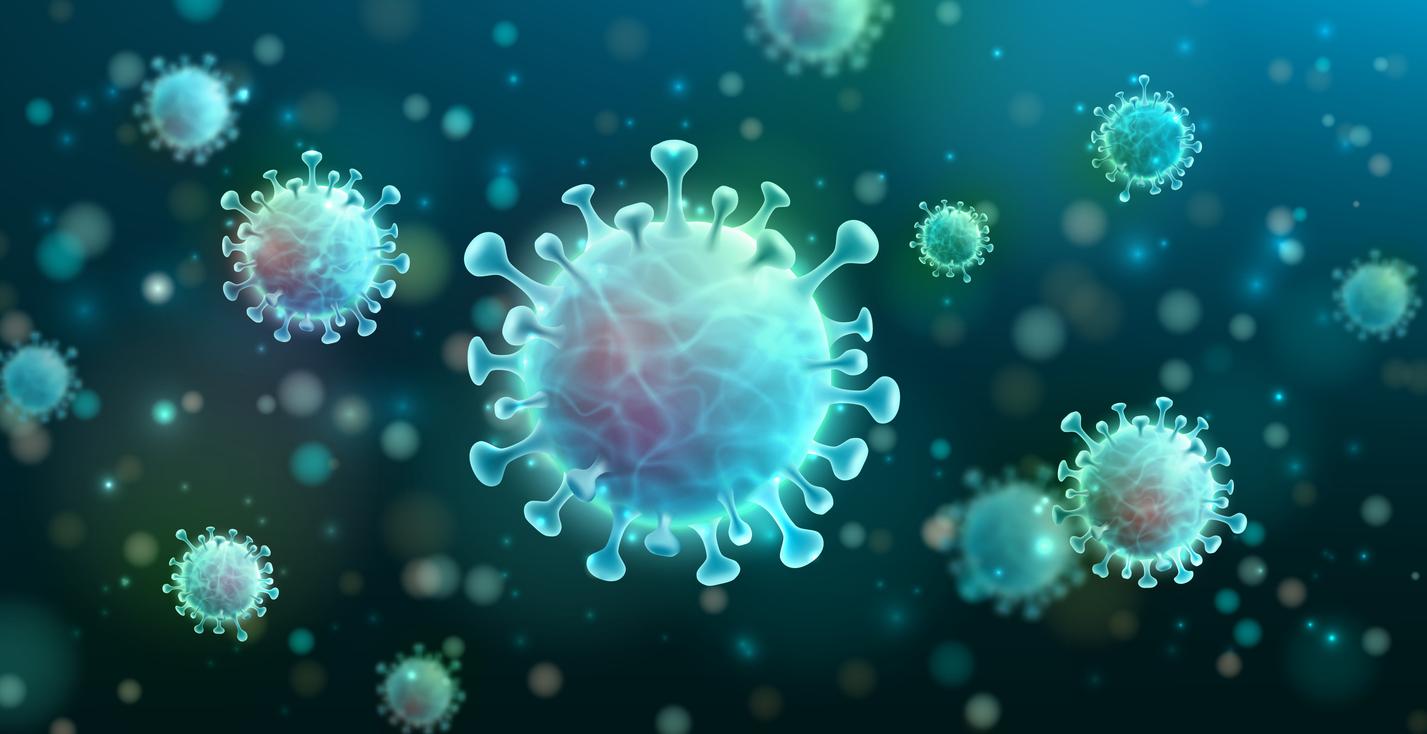British health authorities have detected a human case of swine flu for the first time. Influenza A H1N2 has caused only 50 human cases worldwide since 2005.

- For the first time in the UK, a human case of swine flu has been detected.
- British health authorities are monitoring the situation to avoid an increase in cases.
- Transmission of swine flu to humans is very rare: 50 cases have been detected worldwide since 2005.
A human case of swine flu has been detected in the United Kingdom. For the first time, the British Health Safety Agency (UKHSA) has identified a person infected with influenza A(H1N2). In a communicatedthe agency explains that this form of the disease is “similar to the flu viruses currently circulating in pigs in the UK”.
UKHSA has detected a single confirmed human case of influenza A(H1N2)v, which is the first detection of this strain of flu in a human in the UK. We are monitoring the situation closely.
Read more in our news story: https://t.co/TqZ3kt1uEG
— UK Health Security Agency (@UKHSA) November 27, 2023
Swine flu: the person suffered from a mild form of the disease
The British health authorities, the UKHSA and the Royal College of General Practitioners (RCGP), have implemented widespread surveillance of influenza cases. This device made it possible to identify this human case of swine flu. “The individual was tested by their GP after experiencing respiratory symptomsspecifies the press release. Influenza A(H1N2) virus was detected by UKHSA using a polymerase chain reaction (PCR) test and characterized using genome sequencing.”
This person has developed a form “benign“from the illness and has since fully recovered. In most cases, swine flu infection causes symptoms similar to seasonal flu,”including upper respiratory tract involvement, acute respiratory illness or pneumonia“, details theWorld Organization for Animal Health. “Mortalities have only been observed in a few very rare cases.” The UKHSA says the source of the infection has not yet been determined and is still under investigation.
Should we fear new human cases of swine flu?
To avoid an increase in cases, health authorities are carefully monitoring people who have had close contact with the infected person. “All contacts will be offered testing if necessary and will be informed of further care needed if they have symptoms or test positive.”, says the UKHSA. Christine Middlemiss, the organisation’s chief veterinarian, adds that pig farmers should report suspected swine flu in their herds. “Through our animal and human surveillance systems, we work together to protect everyone.” she warns.
Swine flu: a rare transmission to humans
Cases of virus transmission to humans generally occur after direct or indirect exposure to animals or contaminated environments. “Cases of human infection with swine influenza viruses have been occasionally reported, usually in people with direct contact with infected pigs., underlines the World Organization for Animal Health. (…) Swine flu viruses are very rarely transmitted in human populations.” On the other hand, the disease is not food-borne: the World Organization for Animal Health estimates that the risk of being infected with swine flu viruses by consuming pork or pork products is “negligible”. According to British health authorities, 50 human cases of influenza A(H1N2) have been reported worldwide since 2005.


















